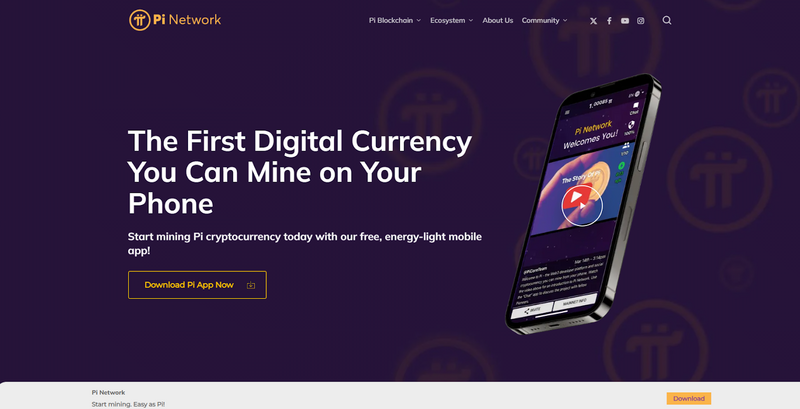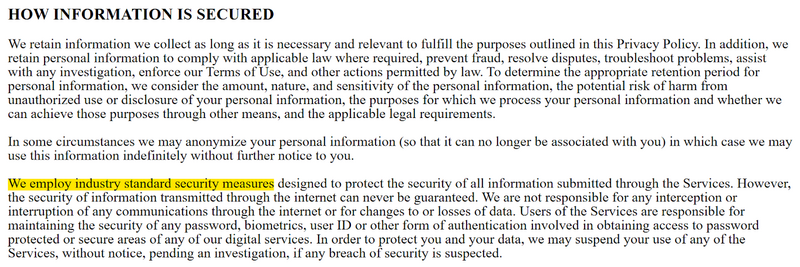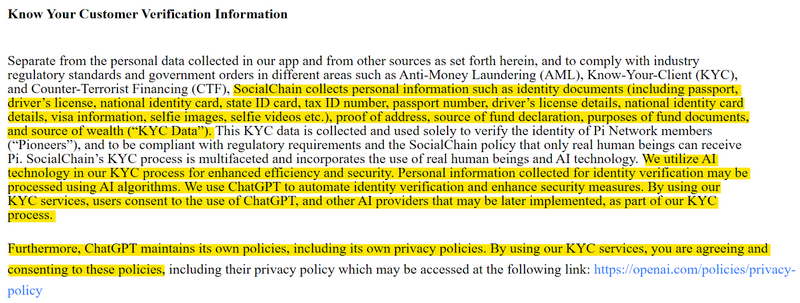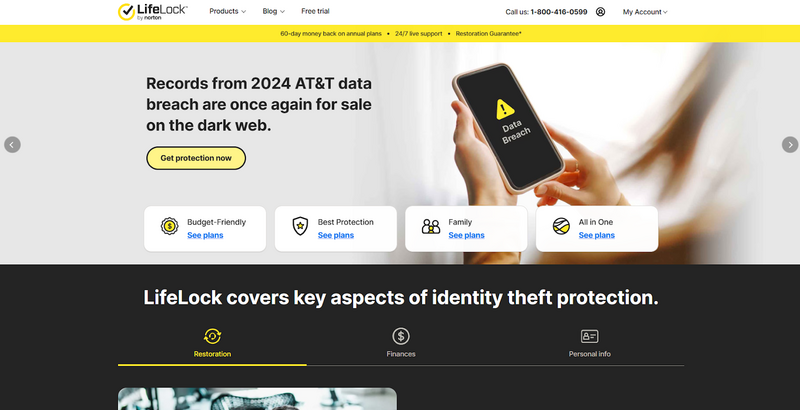Is Pi Coin a Scam?
Laura Martisiute
Reading time: 6 minutes

Table of Contents
If you’re thinking of mining Pi Coin, you need to know: Is Pi Coin a scam?
Below, we explain whether Pi Coin is a scam and discuss some steps you can take to improve your safety when mining this cryptocurrency.
What Is Pi Coin?
Pi Coin describes itself as “the first digital currency you can mine on your phone.”

According to Pi Coin’s “About Us” page, the project was launched on Pi Day (March 14, 2019) by Stanford grads who wanted to make cryptocurrencies accessible to more people (i.e., those who don’t want to mine cryptocurrencies because it’s hard or invest in them because it’s risky).
Mining Pi is free. To mine Pi Coin, you need to log into the app daily and tap a button.
Is Pi Coin a Scam?
It’s hard to know.
There’s a lot of conflicting information about Pi Coin online, with some people claiming it’s a scam and others saying it’s not.
The Motley Fool says the following about Pi Coin:
“Will this cryptocurrency ever have any value? Time will tell, but the Pi Network is extremely unconventional and controversial, and it offers little use so far, so look for other options if you plan to make crypto part of your investment portfolio.”
The CCN (not to be confused with CNN) notes down several potential red flags with the Pi Network, including:
- Exaggerated user number claims.
- Inflation issues.
- Misleading use of the term “mining.”
- Highly centralized system.
It also outlines some privacy and data concerns, including that KYC is mandatory to access your coins and the requirement for selfie videos and government IDs. The app also reportedly collects extensive data and permissions, including the ability to modify system settings on Huawei/Oppo phones.
According to the CCN, users must also watch unskippable ads. You can turn them off, but they reappear every two weeks and may earn Pi substantial revenue.
The Pi Network receives mixed reviews from users:
- 3.0 out of 5.0 stars (from 225 reviews) on Trustpilot.
- 4.4 out of 5.0 stars (from 893,942 reviews) on Google Play.
- 4.2 out of 5.0 stars (from 12,872 reviews) on the App Store.
On Reddit, users are divided on whether Pi Coin is a legitimate cryptocurrency or a scam.
There are a few potentially concerning points in Pi Coin’s terms of service.
For example, Pi Coin notes that the Pi you “mine” in-app is not yours until you pass KYC, are eligible for migration, and follow all their rules.
Even then, Pi Coin can cancel your balance at any time for various reasons (e.g., suspicion, technicalities, policy changes). This means you could invest time, refer others, and still get nothing.
If you want your account deleted and you hold “Migrated Pi,” you must return your Pi and destroy your wallet.
Pi is not listed on most reputable exchanges. Its value is speculative and currently not guaranteed.
Security
In its privacy policy, Pi Coin says it employs “industry standard security measures.”
It does not go into detail as to what these measures are.

Privacy
Pi Coin explains the kind of data it collects, why, and with whom it shares it in its privacy policy.
It collects the following personal information:
- Contact and identity information, e.g., name, email address, phone number, and Facebook name and username.
- User-generated content, e.g., chat messages, comments, and reactions.
- Transaction data, e.g., transactions you send and receive.
- Feedback and correspondence, e.g., survey responses and customer support messages.
- KYC data, e.g., government-issued IDs, selfies, proof of address, source of funds/wealth.
- Information from third parties, e.g., information from contacts via phone books or email lists.
- Facebook, Google, and Apple login data (if authorized).
- Automatically collected data, e.g., app usage, mining activity, browsing history, device & browser data, IP address, cookies, log data, and location data (GPS, Wi-Fi, cell towers, etc.). Plus, phonebook access with consent.
Somewhat concerningly, Pi Coin says it uses AI (including ChatGPT) in verification processes.
Specifically, it says:
“We utilize AI technology in our KYC process for enhanced efficiency and security. Personal information collected for identity verification may be processed using AI algorithms. We use ChatGPT to automate identity verification and enhance security measures. By using our KYC services, users consent to the use of ChatGPT, and other AI providers that may be later implemented, as part of our KYC process.”
By mining Pi Coin, users are agreeing to ChatGPT’s and other AI tools’ privacy policies:
“By using our KYC services, you are agreeing and consenting to these [ChatGPT] policies.”

Pi Coin says that it will use the data it collects about you to provide its service, comply with applicable laws, optimize its platform, and fulfill user requests.
It may share your information with affiliates, validators (for KYC), and service providers. It may also share your data during mergers, acquisitions, or legal proceedings, as well as with law enforcement or in emergencies. Additionally, it may share aggregated or de-identified data.
Your information is not sold to advertisers, but ad networks may use anonymized IDs.
Data is processed/stored in the US.
Pi Coin says that in some cases, it may anonymize your personal information and then use it indefinitely without further notice to you.
It retains information “as long as it is necessary.” It does not provide specific timeframes.
Users can access, update, or delete their data through the app or by submitting a request form. Withdrawal of consent results in the deletion of your account.
So, Should You Mine Pi Coin?
Not if you care about your privacy.
You must provide sensitive documents and consent to AI-based processing (e.g., ChatGPT) for identity verification. In our opinion, this carries potentially heavy privacy and data security implications.
How to Mine Pi Coin Safely and Privately
We do not recommend mining Pi Coin if you care about your privacy.
Our privacy advisors:
- Continuously find and remove your sensitive data online
- Stop companies from selling your data – all year long
- Have removed 35M+ records
of personal data from the web
Save 10% on any individual and
family privacy plan
with code: BLOG10
news?
Don’t have the time?
DeleteMe is our premium privacy service that removes you from more than 750 data brokers like Whitepages, Spokeo, BeenVerified, plus many more.
Save 10% on DeleteMe when you use the code BLOG10.















